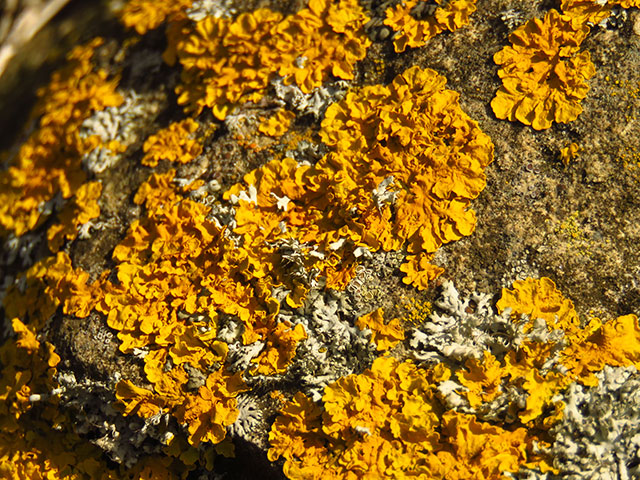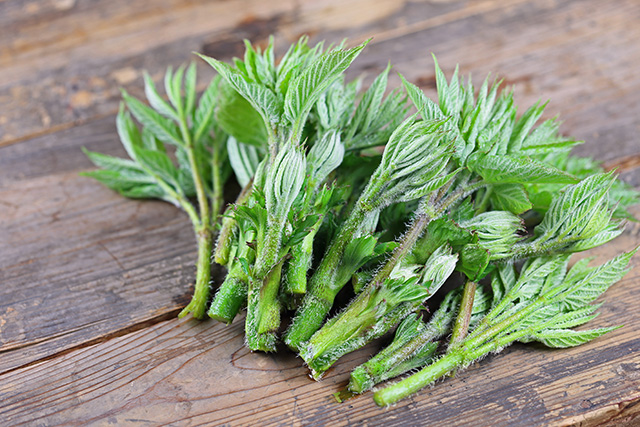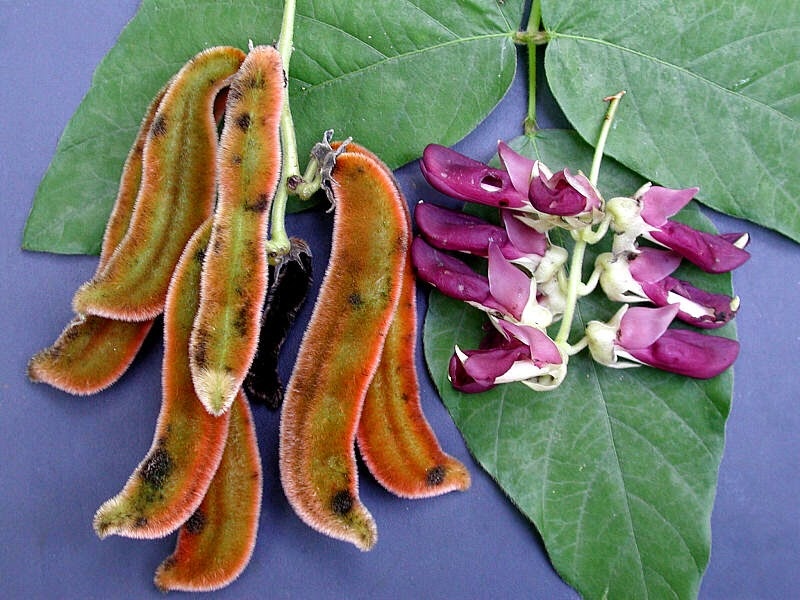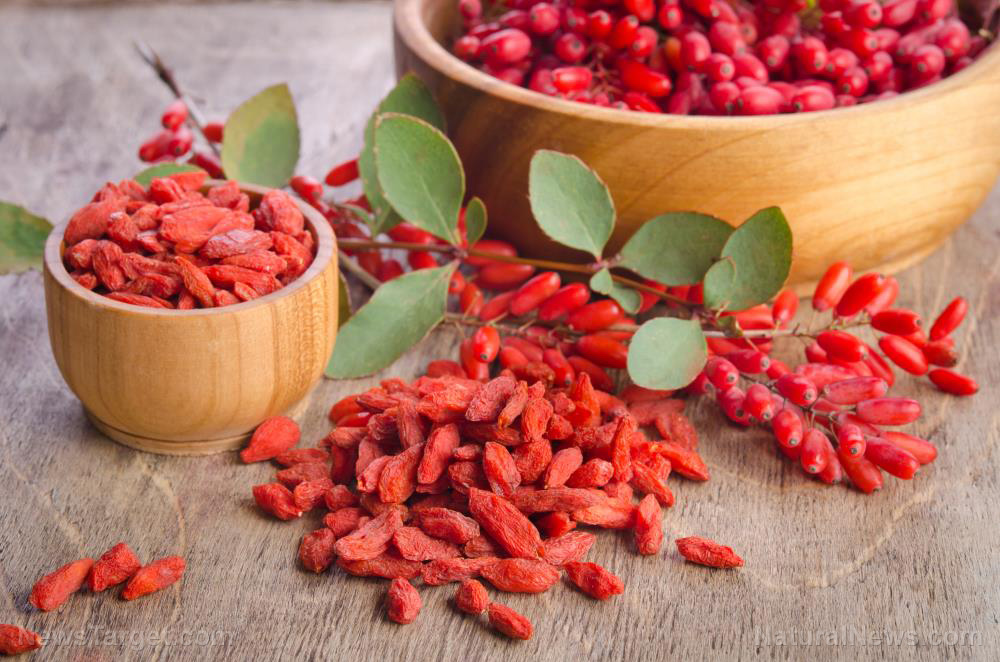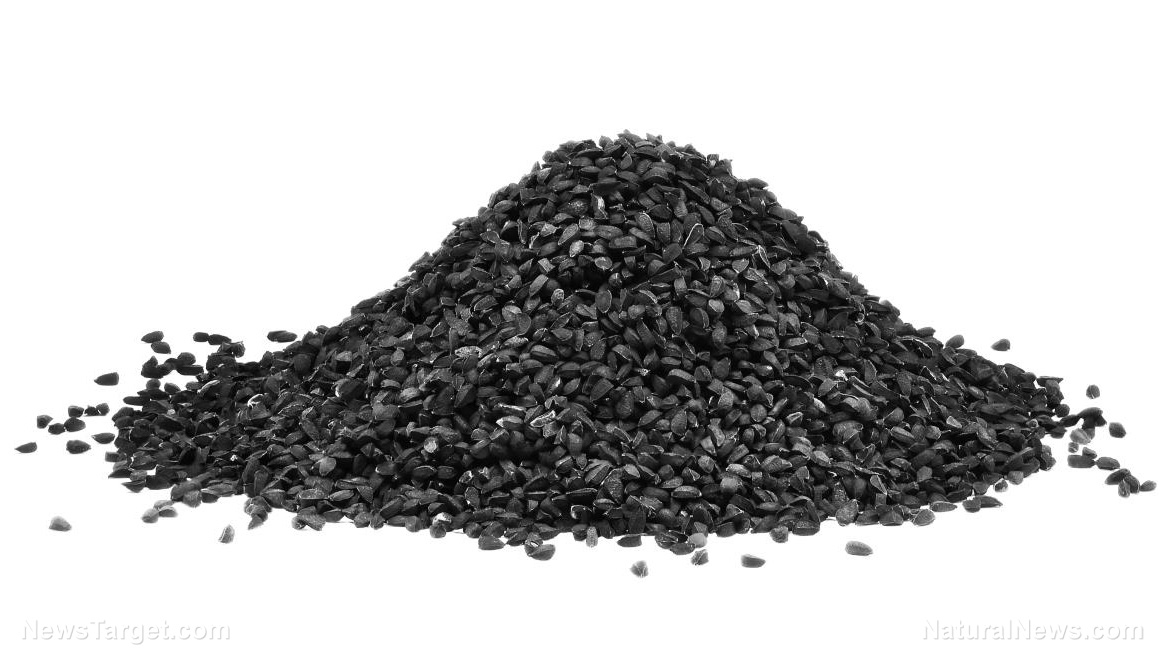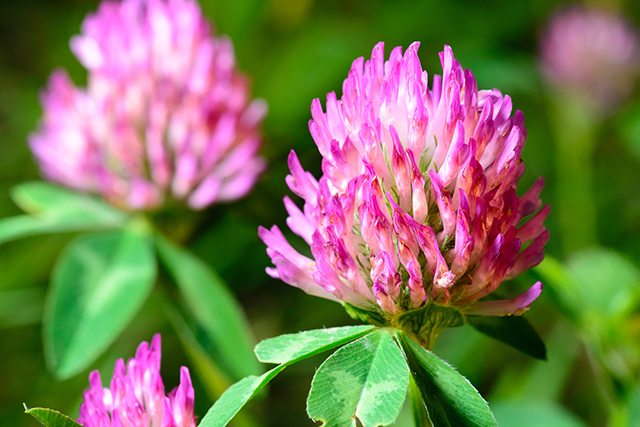Scientists study the hepaprotective properties of Neoboutonia velutina
09/27/2018 / By Ralph Flores

Researchers have identified Neoboutonia velutina, a medicinal plant native to Cameroon, to have hepatoprotective properties. Their findings, published in the journal BMC Complementary and Alternative Medicine, bolster the idea that medicinal plants could be used to treat the disease.
- Researchers prepared an aqueous extract from N. velutina using phytochemical methods.
- To determine its anti-inflammatory properties, the team used HepG2 cells, where the extract was applied at different concentrations.
- Acute hepatitis was induced by either oral or intraperitoneal exposure to carbon tetrachloride and concanavalin A.
- Acute hepatitis using carbon tetrachloride and concanavalin was induced in mice at differing doses by gavage. The resulting liver injury in mice was then checked by examining tissue samples, transaminases, and pro-inflammatory markers. In addition, researchers also studied the extract’s antioxidant capacity and free radical scavenging capacity.
- Based on the results, mice that were given N. velutina extracts exhibited a significant decrease in pro-inflammatory cytokine expression, which translated to increased liver protection from carbon tetrachloride-induced liver injury.
- The extract was also able to reduce inflammatory markers for liver injury, despite having a weak effect in the concanavalin A model.
In the study, the researchers concluded that N. velutina can protect the liver in both hepatitis models, as well as display antioxidant properties.
Find the full text of the study at this link.
Journal Reference:
Effa AME, Gantier E, Hennebelle T, Roumy V, Rivière C, Dimo T, Kamtchouing P, Desreumaux P, Dubuquoy L. NEOBOUTONIA MELLERI VAR VELUTINA PRAIN: IN VITRO AND IN VIVO HEPATOPROTECTIVE EFFECTS OF THE AQUEOUS STEM BARK EXTRACT ON ACUTE HEPATITIS MODELS. BMC Complementary and Alternative Medicine. 2018;18(1). DOI: 10.1186/s12906-018-2091-2
Tagged Under: alternative medicine, Hepatitis, herbal medicine, liver damage, liver health, natural cures, natural remedies, Neoboutonia velutina, plant cures, traditional medicine



